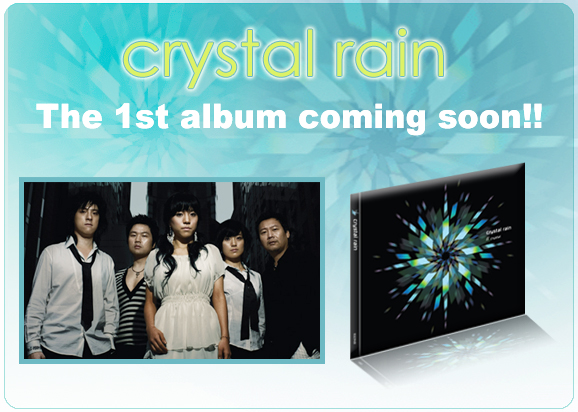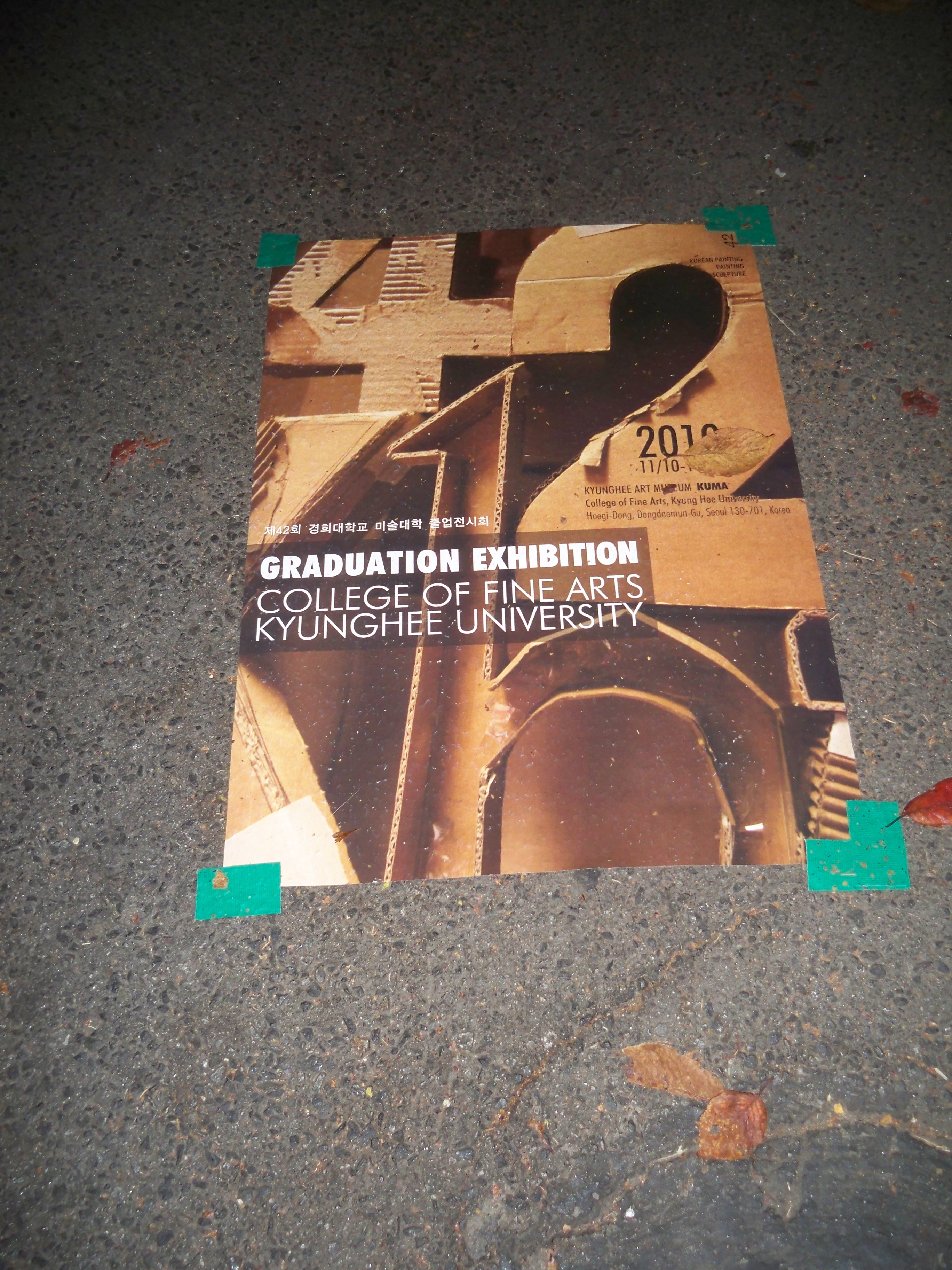Okay, you decide. My friend Cleo found this on youtube and I just had to post it! So, without further comment until after you’ve watched the vid.
[youtube=http://www.youtube.com/watch?v=E5DiZVNlndM&color1=0xb1b1b1&color2=0xcfcfcf&feature=player_embedded&fs=1]
Um, yeah, so what do you think? Okay, it’s not like Koreans don’t love their chicken. I mean there are so many chicken places on every street corner that you’d think they practically invented fried chicken. You can’t walk a block without seeing a chicken place packed with Koreans getting their grub down.
I’m not disparging them, heck, it’s good, if a little hazardous for the health, but I can’t think of a single group of people who don’t eat chicken. It’s such a stupid stereotype. Then there’s the whole deal with the cannibals! Talk about stereotyping. At least they could have had the Korean guy sharing the chicken in the end like you know he wanted to. Plus those are some pretty hefty cannibals. No way do I believe those cannibals would be that big from eating bony Korean guys.
What do you all think?


Amanda wrote:
What I’d really like to know is what’s with all the “Mexican” fried chicken places? Where did Koreans come up with the idea that fried chicken was a Mexican thing?
I’m still trying to figure out the connection between pelicans and fried chicken.
What I’d really like to know is what’s with all the “Mexican” fried chicken places? Where did Koreans come up with the idea that fried chicken was a Mexican thing?
You’re right when I use black I am referring to people all over the world and not just the U.S.
I don’t think you need to be a part of a particular group to be offended. I’m offended when I hear someone use mysoginistic language but I am not a woman. I would hope someone would be offended if a homohobe started a phobic rant even if the person hearing it isn’t gay.
Brown as a designate for a racial group is aimed at who? I am technical brown. If black weren’t meant as strictly relevant to people whose skin color was actually black there wouldn’t be that many who would fall into that category. The same with white.
Playful and non-malicious I agree, but innocuous I’m not so sure about. At the very least its enough to give someone pause and educate the producers of the commerical that it might be considered offensive even if that’s not the intent.
I’m also curious as to whether biracial Korean and black americans consider themselves biracial, black or korean?
Usually, from my experience, close to the majority of my biracial friends consider themselves black whether they are also part white, asian, latin, etc..
Well, it looks like we’re using different definitions then. I took what you were saying “as a black american” about “black people” to mean “Black people in America” or “Black Americans,” when in fact you were referring to darker-skinned people of color on a more global scale.
Well, as I noted about how I might be offended if I were a Melanesian, I don’t exactly disagree with you. I wouldn’t use “black” in that way (on my screen, the actors portraying cannibals were brown; I know few people who I would describe as “black” in color, and even when I was a kid I was uncomfortable with that term), and I tend to capitalize Black and White when referring to the racial/ethnic categories they designate in North America.
But of course, I would agree that historically (and currently) dark-skinned people are often depicted as violent or savage or otherwise backward, particularly Black Americans and people from Africa, but also other unrelated dark-skinned people like the Melanesians. If that’s what you meant, I don’t really have an argument, although this seems less offensive to me because Korea doesn’t really have a history of systematically lynching, abusing, segregating, or otherwise forcing down Blacks or other dark-skinned people.
The Kyochon ad is non-malcious, innocuous, and playful (though I don’t think it’s funny), and quite different in intent and historical baggage from, say, Obama being depicted as an African witch doctor with a bone in his nose.
We’re also probably both in agreement that the Hines Ward example may not representative of all depictions of darker-skinned people in Korean media, but the point I was making was that even if he is a celebrity, he wouldn’t be used by such a conservative institution as a major bank if his background were irreparably seen as negative.
And this didn’t start with Hines Ward, or Amerie and Tasha Reid today. Since Insooni starting thirty years ago, there has been a positive balance at least in entertainment media for whatever negative stereotypes came from Korean media and American entertainment shown in Korea about Blacks (capital B again).
Actually, you are misinterpreting what I said. I wrote black people when referring to the depiction of the islanders.
The american part only came into my personal experience in my country, but if you look at the experience of black folk in other countries, where they are the minority or even the majority (south africa) you see a similar stereotyping of black people as violent.
Im talking historically. Today racism of this sort isn’t so overt or blatant in most cases.
To me it wasn’t the fact that the commerical was fried chicken. I know that most koreans do not have the context to understand that may be interpreted as racist. It could have been burgers, pizza, kimchi, etc.
It was the that the actors were black people. How are meleasians not black? Skin tone? Doesn’t the name literally mean black skinned people?
The Hines Ward example is different because he’s a celebrity. However, it is nice to see images of black people being portrayed positively.
and if that’s the image he projected, he wouldn’t have been chosen for that.
So are you saying the actors in that commerical projected the image of being savage native island people?
Also pleaes remember that I left it open whether people considered the commerical racially insensive, racist or just innocently funny.
Respectfully, I disagree. You are imprinting an African-American sensibility onto a Korean context that doesn’t fit, akin to, say, thinking a Korean is flipping you off if they point with their middle finger.
First off, I am quite well aware of American stereotypes revolving around watermelon and fried chicken, two foods also amazingly popular in South Korea. Hmm.
And I’m also aware of this ad.
That said, back to American cultural memes informing reactions to non-American cultural phenomena, namely the Kyochon ads.
Do Koreans have a stereotype of Black Americans eating fried chicken? Not really. Moreover, the “islanders” in the commercial are not Black Americans but dark islanders (e.g., Melanesians). Even if they’re being acted by Black American actors (of which I have no idea).
This does not depict Black people in America as savage, violent, etc., because it’s not depicting Black people in America at all.
I am sympathetic to complaints about the portrayal of Black Americans (and other minorities, but especially Blacks and Native Americans). Having spent the first half of my childhood living in Compton CA before moving to Orange County, I was constantly at a loss for words when I heard how some Whites referred to Blacks and what they thought of them in general, almost all of it because of a lack of everyday interaction with average Black people such that media depictions of Blacks were what defined their impression of Blacks. That said, I think that tying this ad that is not meant to depict Blacks to racism against Blacks is an unnecessary stretch that distracts from legitimate examples.
Now if I were a Melanesian, I might be offended, though they’re probably used to it by now.
As for other adverts, there are the KEB ones that feature Hines Ward, though those might not necessarily be typical because he’s a celebrity. Still, he’s clearly not being depicted as violent or savage, and if that’s the image he projected, he wouldn’t have been chosen for that.
It depicts black people as being savage cannibals. Speaking as a black american I can tell you that in our history there were repeated attempts to portray black people in America as savage, violent, etc… in order to keep them from full citizenship with equal rights and opportunity.
Also there is another stereotype of blacks loving fried chicken. I really don’t understand that stereotype as, from what I know, every racial group loves their fried chicken. Maybe someone else can explain that one.
On another note does anyone know of any other korean commericals that feature black people? It would be interesting to compare and contrast different korean commericals and how they portray black people.
What exactly is the problem with the video? What makes it racist? What makes it stereotyping?
It does not make me want to go to KFC The Kyochon people who made the commercial will be happy to hear that. 😉
You would think there would be some kind of law against pumping that much poison into chickens. Who knows what people are getting into their system.
It does not make me want to go to KFC, in fact I only eat free range chicken. KFC tortures the chickens they use and pumps them full of drugs to make them grow faster. It's horrific.
" that I don't know how got created"sounds awkward, but correct grammar
No…. actually it's wrong grammar, lol."… and I don't know how it got created."
I get what you're saying. The thing that gets me is that white people love fried chicken too. It's a stupid stupid stereotype that I don't know how got created.
yea some koreans think they're like white, but they don't get whites who are racists look down on them too.